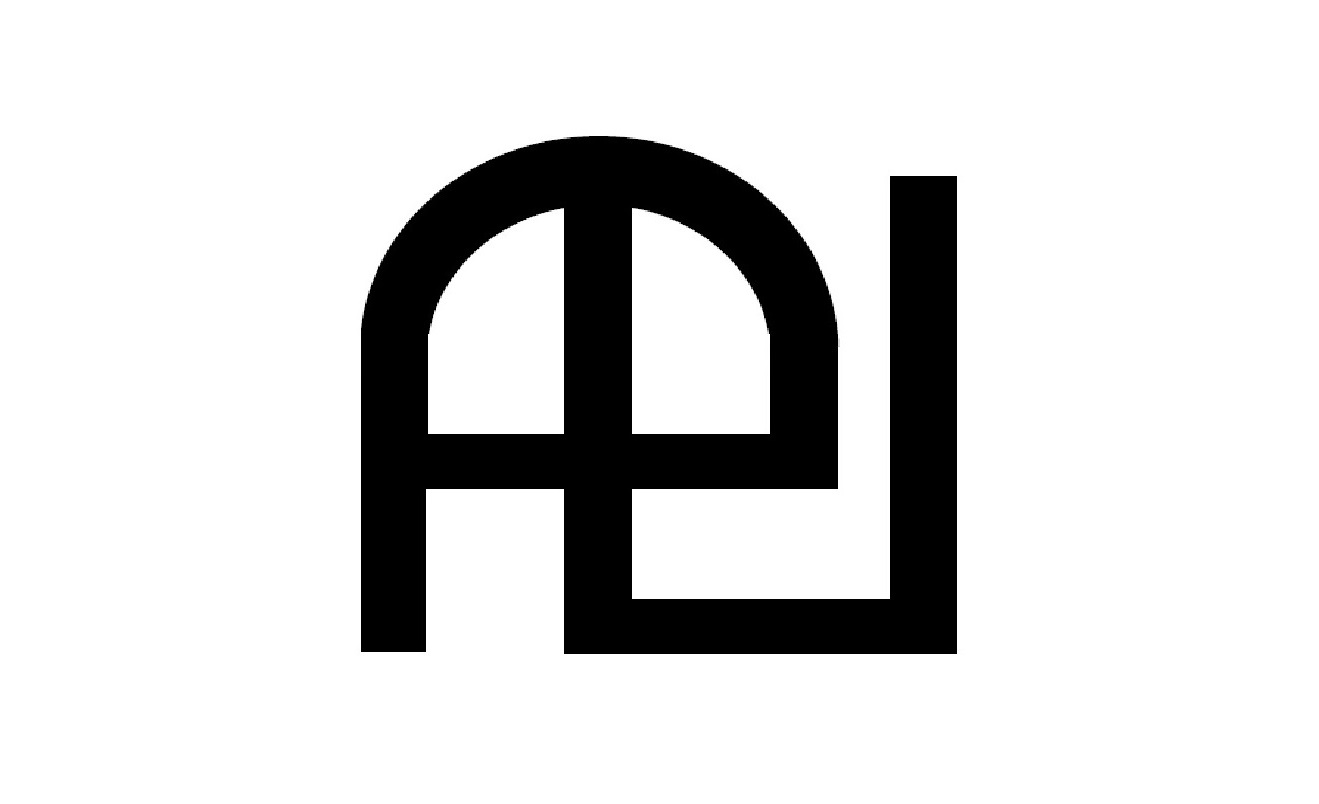Pothikkettu is a monthly editorial that ‘wraps up’ the issue for our readers.
Dear Reader,
What ties together both the pieces in this issue is a concern with how ‘the public’ is shaped at a range of sites, with an eye towards the ways in which exclusions are set up in minute figurations of language and embodiment.
This issue closes out the two-part series, ‘Fielding Kozhikode – Notes on Collaboration’, with Anjana’s perspective of what a collaborative approach to fieldwork between herself and Deepti has meant (if you haven’t read the first part by Deepti, here it is!). Focussing on the ways in which ‘ego’ and ‘pavam’ (innocent/poor) are invoked in field work contexts, both in interpersonal interactions and in perceptions of the self, Anjana paints a careful picture of how women navigate public spaces, and the new possibilities that working together opened up for both of them. Here, the knowing self is very much part of the messy process of research, and what we get is not a detached, birds’ eye view, but an account of the entanglements between spaces and bodies. For Anjana, being perceived as pavam forms both an entry point into her ‘field’—as when people benevolently move to give her space to sit on the train or when they open up about their experiences—and also a constraint—as when her responses are either devalued or elicit sharp responses for not fitting into the pavam mould. Anjana’s and Deepti’s portrayals of the shared self-realisations that followed moving together through public spaces and field interactions is full of rich and poignant insights that open up our conceptions of collaborative research and femme homosociality in general. Anjana’s piece is among the many grounded reflections of navigating public space written by women for Ala. Interspersed by beautiful illustrations, Gaya Hadiya has mulled over what Kerala’s omnipresent tea shops mean for women, Amritha Mohan has delved into the uneasiness accompanying being a spectator of women’s local football games (accompanied by Archana Ravi’s vibrant art work), and Ashwathy Nair has written about the conflicted feelings around ‘home’ for women migrating from Kerala to nearby cities in other states.
Kicking off what is hopefully a recurring series of commentaries on the recently digitized archives of the early-20th-century newspaper, The Svadeshabhimani, Deepti Sreeram picks up the issue of public education, and notes the caste-inflected tone of concerns around the declining quality of public education. In the century that followed these nascent efforts at public education, education has emerged as a major flashpoint of movements, state efforts, and conflicts around casteism in Kerala, as Sreejith Murali’s review for Ala of O. P. Raveendran’s 2019 book on aided colleges emerging as ‘caste colonies’ explores.
We invite our readers to explore the wonderfully accessible Svadeshabhimani website set up by the Vakkom Moulavi Foundation Trust, and we encourage you to send us your own commentaries of the range of pressing issues that the newspaper covered during its tumultuous and short-lived tenure at a turning point in Kerala’s history.
Enjoy this month’s reads,

The Ala Team.
